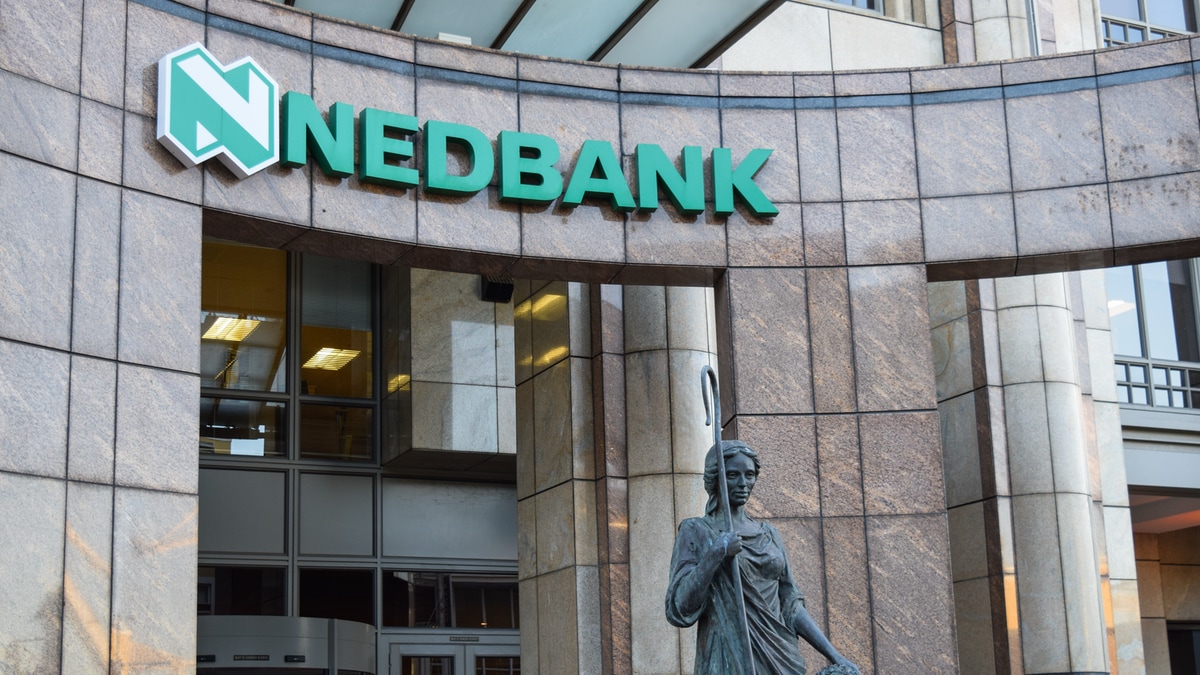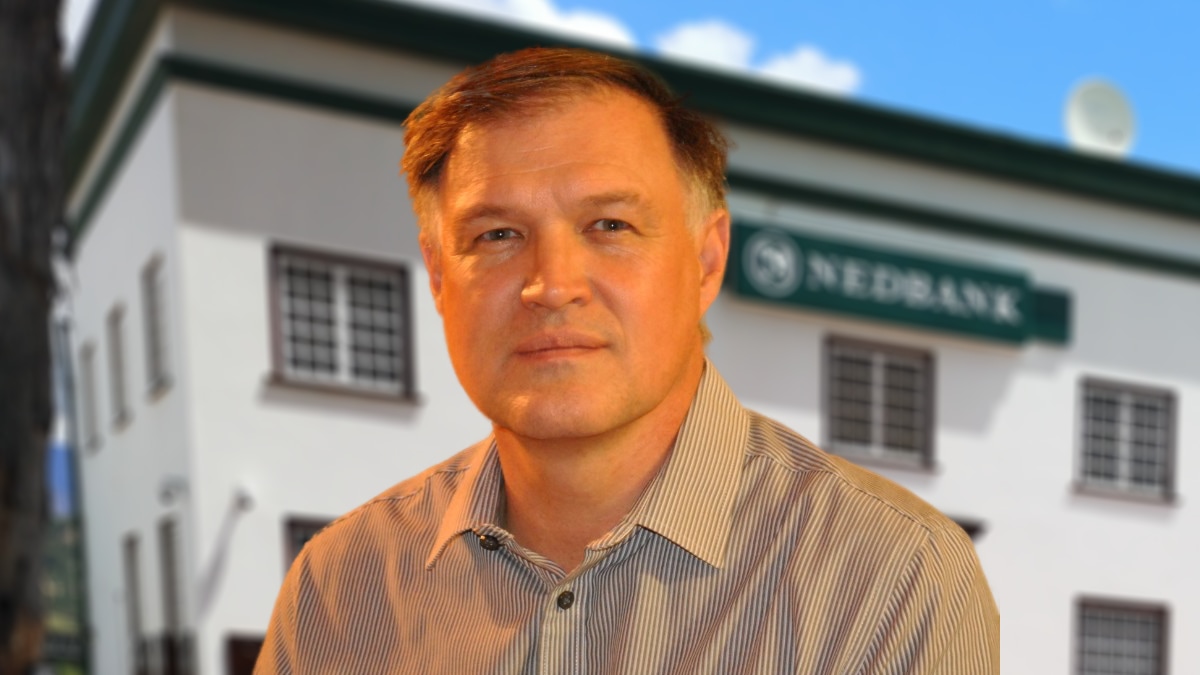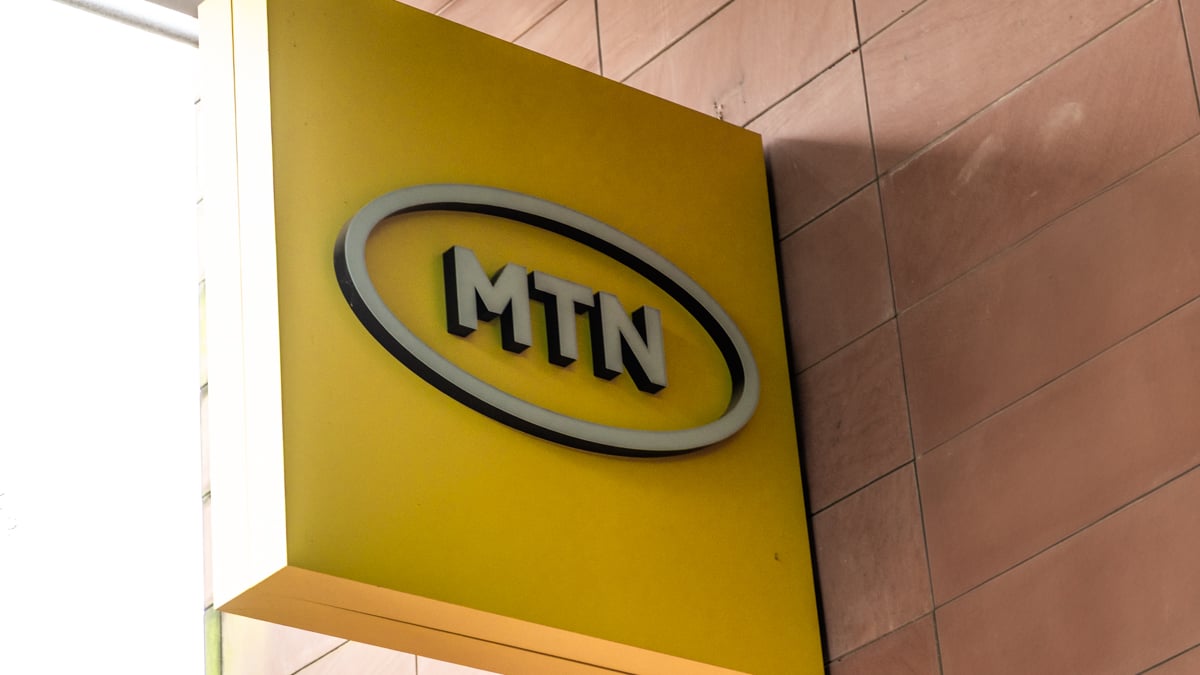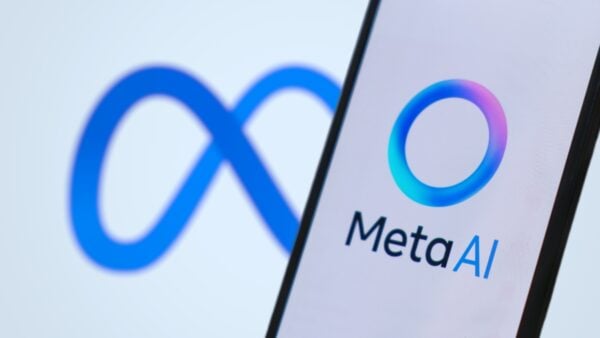Big announcement about blockchain and smart contracts at Nedbank

Nedbank says it plans to have a running example of a smart contract to demonstrate its blockchain capabilities within the next six to twelve months.
This is according to Cobus de Bruyn, head of client value propositions for agriculture at Nedbank Commercial Banking.
De Bruyn acknowledged that smart contract technology is already being deployed internationally and in South Africa. However, he said it’s not being used to the extent that Nedbank is planning.
“We have the technology available and we’re working round the clock to make this available as soon as possible,” he said.
De Bruyn said agriculture is an early adopter of technology, which is one of the drivers behind its success.
He explained that there are many processes and procedures to follow in agriculture, such as managing finances, accounting and production processes, imports and exports, and interacting with stakeholders — including your bank and suppliers.
Because smart contracts are self-executing digital agreements, they automatically execute when predetermined conditions are met, streamlining financial transactions by automating processes that would traditionally require human intervention.
This automation reduces operational expenses, minimises errors, and enhances trust among parties.
De Bruyn highlighted three areas where smart contracts and blockchain can be game changers in agriculture.
“The first is import and export, which involves negotiation, administrative work, and processes and verifications that are cumbersome and, to some extent, expensive,” he said.
“Smart contracts allow these processes and procedures to be automated, shortening the time of the process, while also making it more secure.”
Another example is trade, which is streamlined by smart contracts that automate and facilitate payment solutions.
Thirdly, De Bruyn said that from the bank’s perspective smart contracts can expedite and streamline the process between getting credit approval from a commercial bank and receiving the finance.
The whole process — from sending facility letters, giving instructions, and registering securities — is automated, reducing the time and administrative tasks usually associated with it.
De Bruyn said this technology is new, but the opportunities are substantial, making it a very exciting development for organisations like Nedbank.
“Reducing or eliminating manual processes for our clients is what we’re seeking to achieve, but we’re also using the technology to enhance our own systems and processes so that we can truly provide next-level service to the agriculture sector,” said De Bruyn.
“We are at the next revolution of money, and we can build smart contracts that can give instructions to smart money,” he added.
“Web 3.0, which includes blockchain smart contracts, the metaverse, tokenisation and more, will replace the existing Web 2.0 as we know it, which hosts the www dot websites that we’re all familiar with.”
De Bruyn said everything will change with Web 3.0. “It’s important that we, as a commercial bank, are ready,” he said.
“Our agricultural clients want fast processes. They want frictionless, cost-effective solutions. They embrace technology, and we want to provide it to the agricultural community.”

Network with memory
Regarding the underlying technology, Nedbank’s lead architect for information security and blockchain, Adele Jones, said that, in simple terms, blockchain technology creates a network with memory.
“Everybody in the network has a unique address and, from an audit trail perspective, all interactions on the network are covered automatically with the latest innovations in cryptography,” she said.
Jones explained that there are two types of configurations of these networks — one where the network is a public blockchain that anyone can join, like the Bitcoin network. The other is a permissioned blockchain, where the network is locked down for specific participants.
“Once the network has been established, every participant in the network has a unique address and can implement a vast and versatile array of transactions,” she said.
Jones explained that smart contracts are computer code that can execute on the network ecosystem and automate interactions between participants in the network.
“By codifying agreements and improving the traceability of data on the network, trust is increased, as well as security and transparency among member organisations,” she said.
































